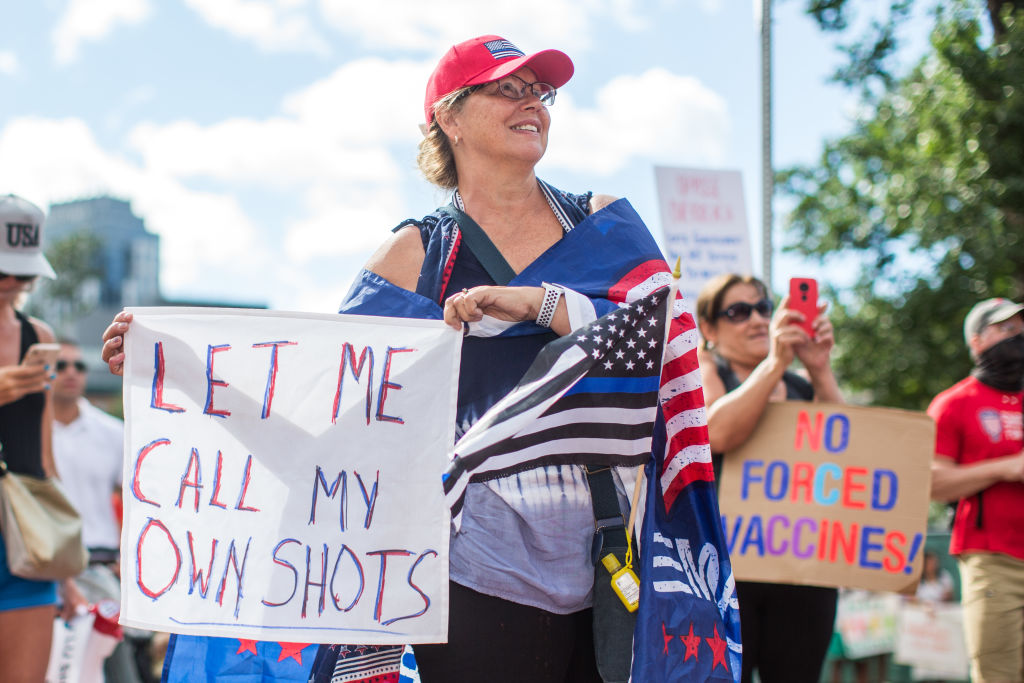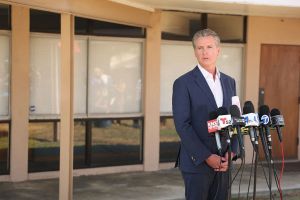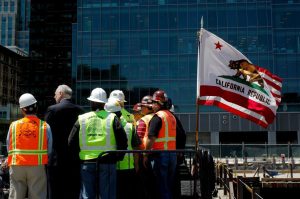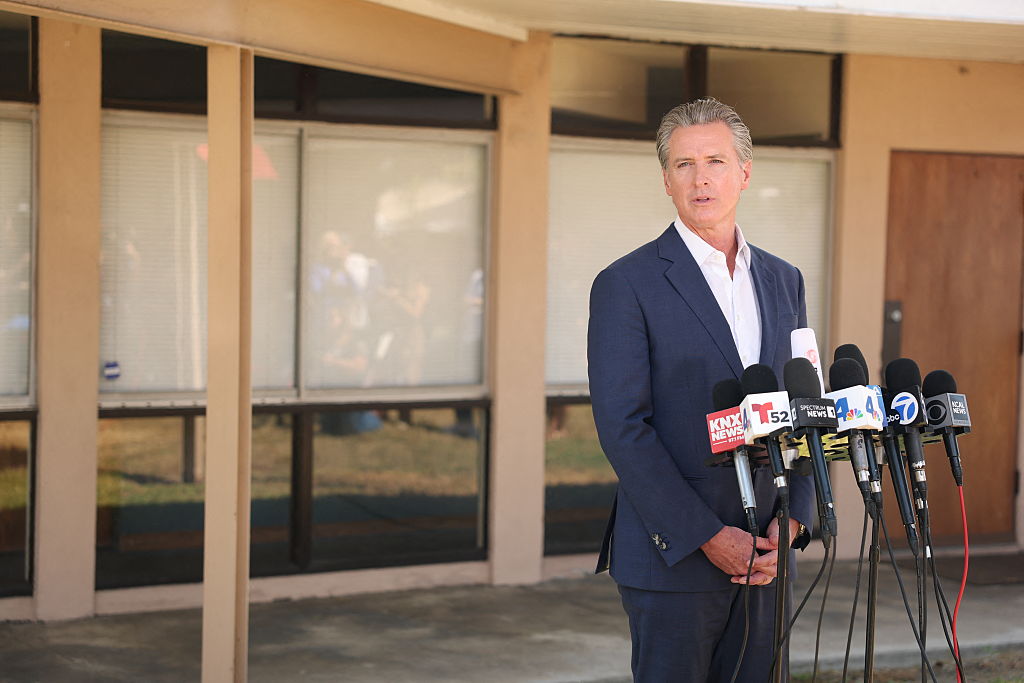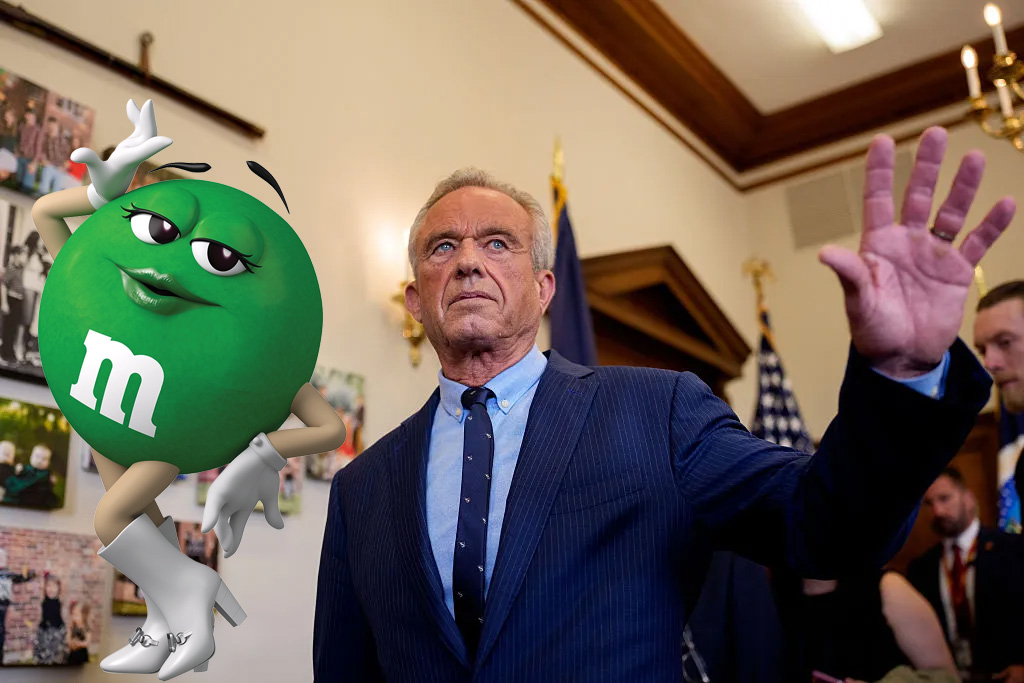The first time I ever heard the term “vaccine injury” was when I was in rehab aged nineteen. One of the women who was living at the halfway house — we’ll call her Jane — lost her son and blamed the vaccine he’d had that morning. Jane said he was fine, got the vaccine and then dropped dead on the playground later that day. This was almost twenty-five years ago, so the details are fuzzy. I don’t remember how old her son was; I don’t remember what vaccine — but I do remember that story.
Everyone told Jane she was crazy, including all the doctors and her husband. She and her husband split up and she drank herself into oblivion and near death. She found her way into rehab — and I thought she was doing pretty well, until one day she just said “fuck this” and up and left. I’ve thought about her a lot over the years, particularly lately with the ascent of RFK Jr., armed as he is with lots of questions about the vaccines.
When I was twenty, I got a job with an autistic kid and became immersed in the West Los Angeles antivax moms. This was 2001, about five years before Jenny McCarthy became the face of this movement by claiming the vaccines gave her son autism — but trust me, long before she came forward, there was a large and ever growing population of parents in Santa Monica and the Pacific Palisades who were rejecting all vaccines.
I left Los Angeles — and work with kids with autism — but returned to both in 2007. By this point, there had been numerous studies debunking the idea that vaccines caused autism — but the idea persisted in the autism world and desperate parents were resorting to pseudoscientific treatments to “cure” their kids. Things like putting their kids through chelation therapy, a process that removes heavy metals using drugs and sometimes intravenous therapy. These treatments often left the kids listless — and I wondered whether they did more harm than good. In fact, in 2005, a five-year-old autistic boy died during intravenous chelation therapy.
As an aide, I went to lots of events where I heard story after story of parents furious that their experience wasn’t taken seriously. From their perspective, they had had a perfectly normal child who was cruising along, then got a round of vaccines and stopped making eye contact. In this era of “lived experience” as the capital “T” Truth, why weren’t they taken seriously? Why was their experience minimized?
Jenny McCarthy was roundly mocked. “The Science” demonstrated no link between autism and vaccines over and over again. Folks moved on — but suddenly instances of polio were popping up, as were measles outbreaks, for the first time in decades. The antivaxxers might have gone underground, but they were growing in number. In fact, the rise in diseases we had all but eradicated led me to write a satirical piece of my own in 2019 mocking antivaxxers. It contains this line, which I could now write in all seriousness, and which reading now makes me cringe:
It’s a slippery slope when we expect the government to step in and try to put a stop to an avoidable public health crisis by mandating parents inject their children with literal poison. It’s a dark day for free speech when tech companies take reasonable measures to stop the spread of misinformation. What is this, Canada?
Covid hit — and with it, the rise of the Covid “antivaxxer.” Off the top of my head, I can think of at least five parents who haven’t vaccinated their kids at all. I realize this is anecdotal — but the fascinating thing about all of these parents is that three out of the five have older kids that they did vaccinate. Something changed post-Covid — and it may explain RFK Jr.’s rise in the polls. The public health establishment proved itself untrustworthy in the pandemic — so this man comes back with ideas that were debunked fifteen years ago and seems to gain traction.
I will be honest: I get it. The coordinated attempts to silence anyone with questions or concerns and mandate this experimental shot made me pause after my one dose of J&J. People who were considered frontline heroes were fired for not complying with mandates. Many of them are now suing (and winning) for lost wages and unlawful termination.
The disastrous failure to convince outliers who were suspicious of the efficacy of the Covid vaccines, and the subsequent attempts to coerce the hesitant to take it, made full antivaxxers out of people who in the past might have just been happy to sit back and follow the vaccine schedule for their kids.
Now, like RFK Jr., they have some questions and want to know exactly what’s in every vaccine on the schedule — and why it’s required. And I’d be lying if I said that I’m not unnerved by it all. Whenever it’s time to vaccinate my own daughter, I think of Jane’s story, and all the parents who have been written off as crazy, and a small part of me worries. My husband assures me everything will be fine. I trust him. But sadly, he’s the only person I trust.
This article was originally published in The Spectator’s August 2023 World edition.



